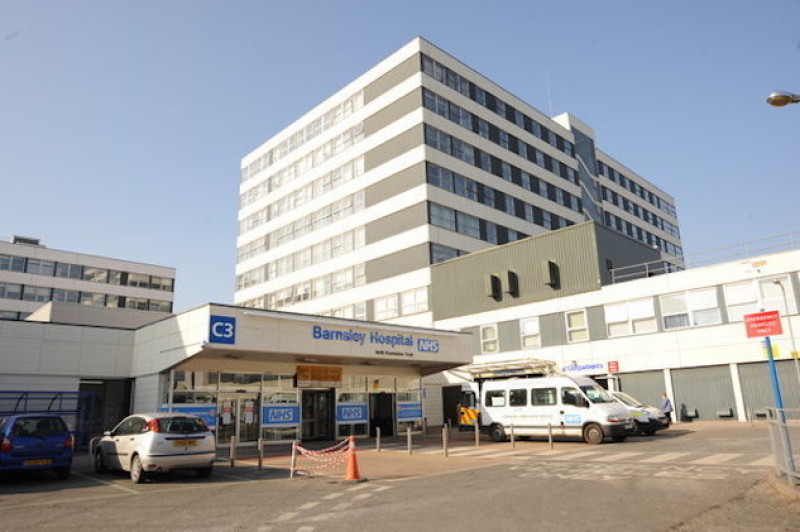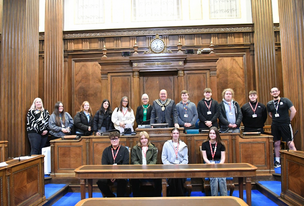THREE cases of delays in diagnosing cancer are being probed by Barnsley Hospital.
The delays are being treated as ‘serious incidents’.
Serious incidents can include things such as avoidable deaths or injuries, delays to treatment, or confidential information leaks.
It is an adverse event where the consequences are so significant or where the potential for learning is so great, that a heightened level of response is justified. There is no definitive list of what constitutes a serious incident, as there are so many different circumstances for which a serious incident may arise.
Hospital papers show there were seven serious incidents reported in May which also including a delay in treatment, two avoidable grade three pressure ulcers and one avoidable grade four pressure ulcer.
There was also an incident where medication was administered via the wrong route.
There were 94 inpatient falls, 24 of which were repeat falls. There has, however, been a reduction in falls resulting in injuries. Of these 94 falls, 71 resulted in no harm, 22 in low harm and one resulting in severe harm.
A total of 21 falls involved patients with dementia, and 20 involved patients with delirium/confusion.
The highest number of falls were in the acute medical unit, acute stroke unit, acorn rehabilitation unit, ward 19 (care of the elderly), ward 21 (gastroenterology) and ward 22 (diabetes & endocrinology).
The number of falls continues to be scrutinised, and the paper states the hospital has been offered a place on NHS Improvements falls prevention programme from June to October which is expected to give insight into how to balance finance and performance while focussing on patient safety and experience.
The percentage of patients seen in A and E within four hours in May was 93 per cent.
The hospital’s deficit position so far this year is £2.25m which is £342,000 better than expected.



























